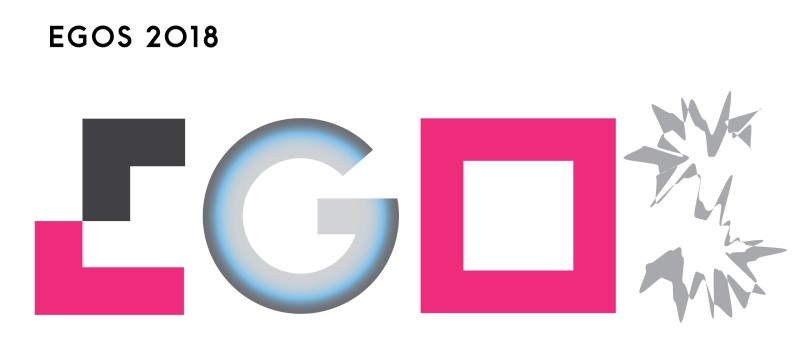Sub-theme 26: Careers and Institutions
Call for Papers
Careers mediate between individuals and institutions. They are central to individuals’ identity and their quotidian activities.
Individuals are obsessed with their careers: managing them, planning them, comparing them to others. At the same time, careers
are conditioned by and given meaning by institutions (Gunz et al., 2011). Institutions structure the career choices individuals
consider or see as legitimate. Given the central position of careers in individuals’ lives and in institutional arrangements,
it is surprising that careers are not more central in organization studies, generally (Arthur, 2008; Jones & Dunn, 2007).
The intersection between careers and institutions creates the potential for surprise. Institutions can push
people’s careers into unexpected or surprising directions. Institutional changes can surprise us by opening up new potential
careers, or making what we believed to be a stable career more precarious. Peoples’ unique career experiences can expose them
to surprising combinations of logics or institutional arrangements allowing them to envision institutional innovation.
Despite periodic observations about the value of research linking careers and institutions, work on the topic
has been relatively limited (Barley, 1989; Jones & Dunn, 2007; Peiperl et al., 2002). Instead, the literatures on careers
and on institutions have largely evolved separately, with limited cross fertilization. This proposed sub-theme seeks to gather
scholars working at the intersection of careers and institutions. It aims to attract careers researchers who are using a careers
perspective to explore core theoretical themes in institutional theory (e.g. institutional logics, organizational fields).
In addition, it aims to attract institutional scholars who consider the role of careers in institutional processes. Our expectation
is that sharing diverse work focused specifically on the intersection between careers and institutions will be generative
in a way that is distinct from discourse focused on either careers or on institutions. We anticipate that discussions across
distinct research communities in careers and in institutional theory, will stimulate new directions for theory and research.
We plan to emphasize empirical work in this sub-theme, though we welcome theory work that brings new insight to study of careers
and institutions.
Some possible topics for papers in the subtheme include, but are not limited to:
- Exploring how people’s career experiences can expose them to a multiplicity of institutional logics (e.g. how people carry new logics with them when they move between countries, industries, or societal sectors), leading to surprising institutional or career outcomes.
- Investigating why individuals deviate from institutionally-sanctioned career paths and progressions and the meaning of deviations
- Showing how individuals cope with radical or surprising institutional change that disrupts their careers
- Examining how people craft careers across institutionalized career templates
- Investigating how institutionalized career templates form in new and emerging organizational fields
- Theorizing the bottom up processes by which diverse people’s idiosyncratic careers can create new institutional actors or new institutional logics
- Considering career success implications for individuals who follow non-traditional career progressions
References
- Arthur, M.B. (2008): “Examining contemporary careers: A call for interdisciplinary inquiry.” Human Relations, 61 (2), 163–186.
- Barley, S.R. (1989): “Careers, identities and institutions: The legacy of the Chicago School of Sociology.” In: M.B. Arthur, D.T. Hall & B.S. Lawrence (eds.): Handbook of Career Theory. New York: Harper Collins, 41–65.
- Gunz, H., Mayrhofer, W., & Tolbert, P. (2011): “Career as a Social and Political Phenomenon in the Globalized Economy.” Organization Studies, 32 (12), 1613–1620.
- Jones, C., & Dunn, M.B. (2007): “Careers and institutions: The centrality of careers to organizational studies.” In: H. Gunz & M. Peiperl (eds.): Handbook of Career Studies. Thousand Oaks, CA: SAGE Publications, 437–450.
- Peiperl, M., Arthur, M. B., & Anand, N. (eds.) (2002): Career Creativity: Explorations in the Remaking of Work. Oxford: Oxford University Press.


